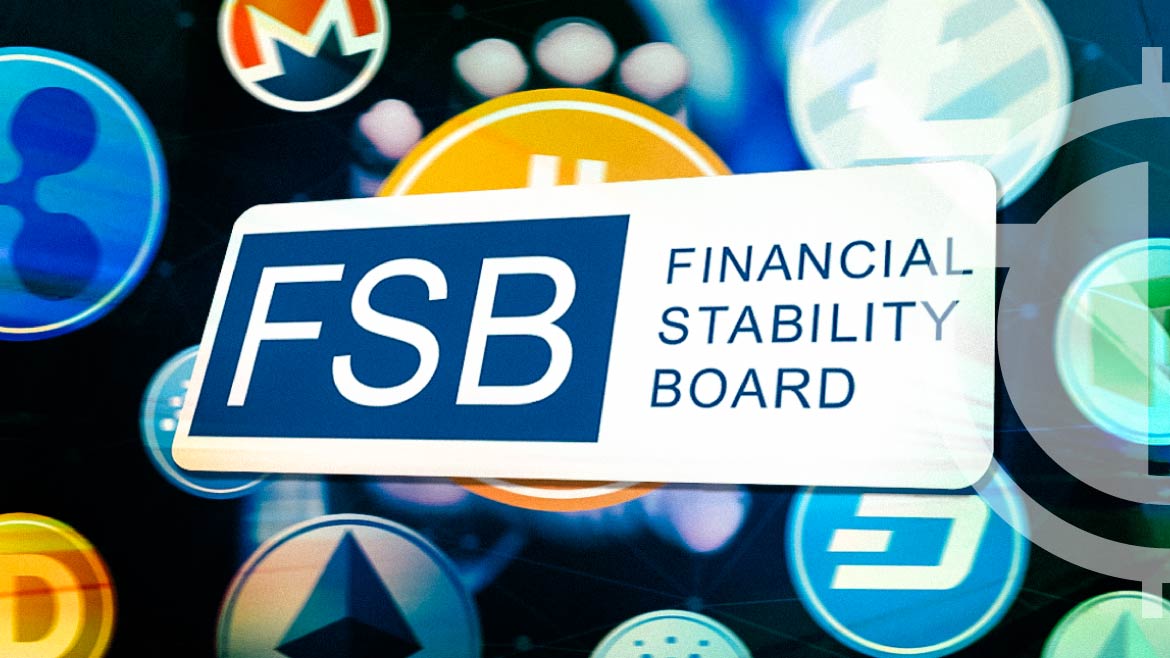The Financial Stability Board (FSB), a global entity that oversees and provides guidance for the worldwide financial system, has unveiled a universal regulatory structure for activities related to crypto-assets, in response to a mandate from the G20. The objective of this framework is to foster a thorough and globally harmonized approach to regulation and supervision.
The FSB’s move comes in response to the events of the past year that underscored the inherent volatility and structural vulnerabilities of crypto-assets and their associated entities. Per the FSB, the failure of a key service provider in the crypto-asset ecosystem could rapidly transmit risks to other parts of the ecosystem. The entity’s words reflected the potential risk associated with events like the collapse of the major cryptocurrency exchange FTX.
The framework put forth by the Financial Stability Board (FSB) is composed of two unique sets of recommendations. The first set offers overarching guidelines for the regulation, supervision, and oversight of crypto-asset activities and markets. The FSB aims to set a global regulatory standard with these guidelines, although some jurisdictions may opt for more stringent regulatory actions.
The second part of the recommendations offers updated high-level guidelines for the regulation, supervision, and oversight of “global stablecoin” arrangements. The aim of these recommendations is to encourage uniform and efficient regulation, supervision, and oversight of global stablecoin arrangements across different jurisdictions, in order to mitigate potential risks to financial stability.
However, they do not comprehensively address all specific risk categories related to crypto-asset activities, such as Anti-Money Laundering/Combating the Financing of Terrorism (AML/CFT); data privacy; cyber security; consumer and investor protection; market integrity; competition policy; taxation; monetary policy; monetary sovereignty; and other macroeconomic concerns.
The Financial Stability Board (FSB) has been actively collaborating with several international organizations to regulate and monitor crypto-asset activities and markets. These organizations include the International Monetary Fund, the World Bank, and the Organization for Economic Cooperation and Development (OECD). Additionally, the Basel Committee on Banking Supervision, the Bank for International Settlements’ Committee on Payments and Market Infrastructures, the International Organization of Securities Commissions (IOSCO), and the Financial Action Task Force are also part of this collaborative effort, ensuring a coordinated and mutually supportive approach.
The FSB’s recommendations do not apply to Central Bank Digital Currencies (CBDCs), which are envisaged as digitalized central bank liabilities. The FSB continues to work with sectoral standard-setting bodies (SSBs) and international organizations to promote the development of a comprehensive and coherent global regulatory framework, including through the provision of more granular guidance by SSBs, monitoring, and public reporting.






